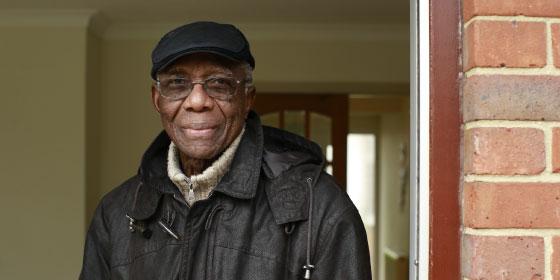 Ageism+
Ageism+
During LGBT History Month this February, Independent Age has been celebrating the lives of older LGBT people and highlighting where inequalities, because of sexual orientation or gender identity, still exist.
I find conversations with older LGBT people about the course of their lives is a fantastically personal way of understanding LGBT history and recently I got to spend time talking to Maggie Jones, a lesbian in her 60s. I was struck by her reflections on the relationship many older people who are LGBT have with health and care services. She described “fear and trepidation”, often stemming from negative encounters with care professionals.
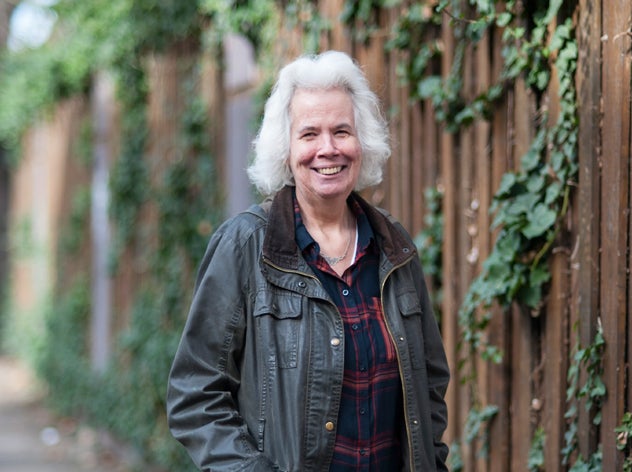
Maggie Jones
A very real concern
Sometimes negative experiences happened many decades ago, but frequently they were all too recent. Interacting with health and care services, remains a very real concern for many older LGBT people.
Maggie explained that many older gay people are not comfortable being open about their sexual orientation to health and care staff and “will retreat back into the closet and not divulge that important part of themselves”.
This chimes with the data that shows 16-24 year olds are four times as likely as people over 65 to say they identify as lesbian, gay or bisexual. But, there is no evidence to suggest that younger people are four times more likely to be lesbian, gay or bisexual than older people.
“We have a whole demographic of people who are scared and invisible and not being counted for”
- Maggie Jones
‘De-gaying’ homes before care visits
Many times, I have heard older people describe how they removed photos of their same-sex partner before a visit from care staff, or felt they must ‘de-gay’ their homes in fear of a negative reaction from a care worker. There is rarely continuity of social care at home, so you never know who’s going to be turning up at your door and how open-minded they will be or what LGBT training they have had.
I am also aware of cases where older LGBT people have been refused a place in a care home, being told “we don’t deal with people like that”.
As one person told Independent Age: “it’s better not to rock the boat when you’re feeling old and vulnerable. That’s why you keep memories of your same sex partner hidden, never mention your previous life with them, never show photos or share stories. You never reveal your ‘criminal past’ … stigmatised by society, labelled sinful by religion and shamed in your own eyes for so many years, your own silence is perfectly understandable.”
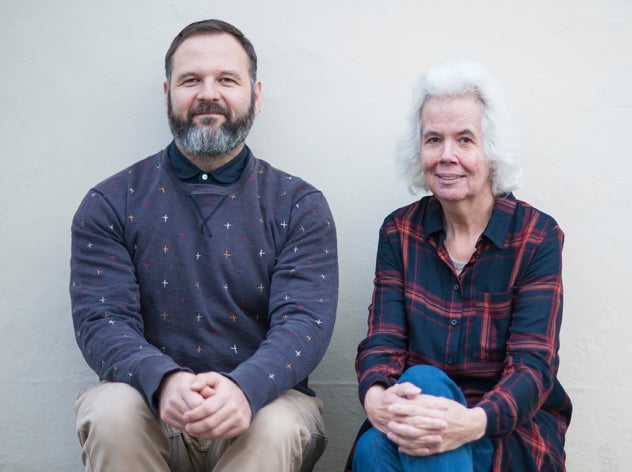
Maggie and Phil
Older LGBT people often rely more on care services
Older LGBT have faced a life-time of discrimination and being marginalised from the care services everyone else takes for granted. The reality is that, because of this, LGBT people are more likely to have poorer physical and mental health and feel more isolated or lonely when compared to heterosexual people.[1]
There is also an assumption that all older people are grandparents and have family to fall back on, when their health declines and they need support. However, 90% of LGBT people are ageing without children and many have little contact with their biological families. This increases the need for more formal support and care services in later life.
Health and care services are not able to meet the needs of older LGBT people
One in six older lesbian, gay and bisexual people feel that GPs would not be equipped to understand their specific needs and over half are not confident that social care services can deliver the right care.[2]
At risk of being ignored
What this all means is that a large proportion of older people are, at worst, being directly discriminated against and, at best, are being overlooked because of their sexual orientation.
As Maggie tells us, many older gay people “…have a well-founded fear and trepidation of authority and the NHS and a doctor and a social worker is an authority figure and this is why often they will retreat back into the closet and they will not divulge that important part of themselves”.
If those older people who do not feel confident to speak out about their sexuality have to hide who they are, this can affect whether they get the right treatment or the right care plan.
Facing up to the care of LGBT people
Whilst 16% of health and social care professionals say they would feel uncomfortable asking patients and service users about their sexual orientation, this contrasts with only 6% feeling uncomfortable asking about religion or belief and 4% about disability.[3] The Government also admits there is a gap in their understanding of the care needs of older LGBT people. The health and social care sector as a whole needs to face up to its responsibility of being an inclusive service for all, or we will continue to see older LGBT people excluded from services.
Independent Age believes that everyone in later life should be treated fairly and equally. Sadly this isn’t the case for many older people. Through their stories, we aim to showcase diversity, call out prejudice and find ways of eliminating discrimination for good. You can read more about the experiences of older LGBT people in our Ageism+ series.
[1] Hospice UK (2018) Delivering high quality, personalised palliative and end of life care for Gypsies and Travellers, LGBT people and people experiencing homelessness
[2]Stonewall (2015) Working with older lesbian, gay and bisexual people
[3]Stonewall (2015) Unhealthy attitudes: The treatment of LGBT people within health and social care services
Maggie's experience of health and care
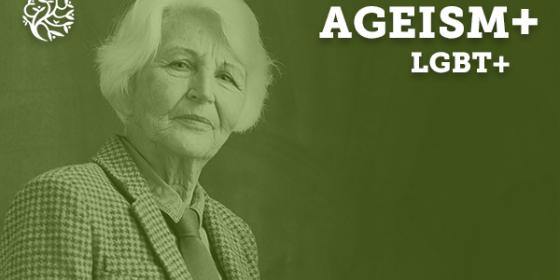 Forced back into the closet in later life
Forced back into the closet in later life
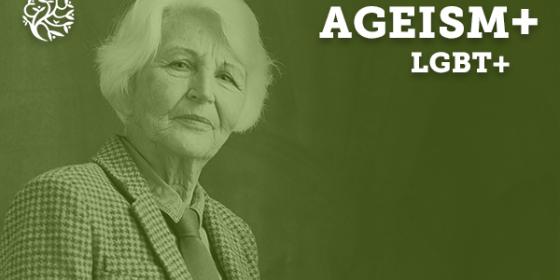 Older LGBT+ people can be lonelier than most
Older LGBT+ people can be lonelier than most
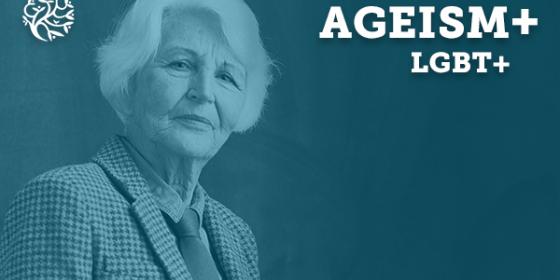 Dementia’s impact on the LGBTQ community
Dementia’s impact on the LGBTQ community